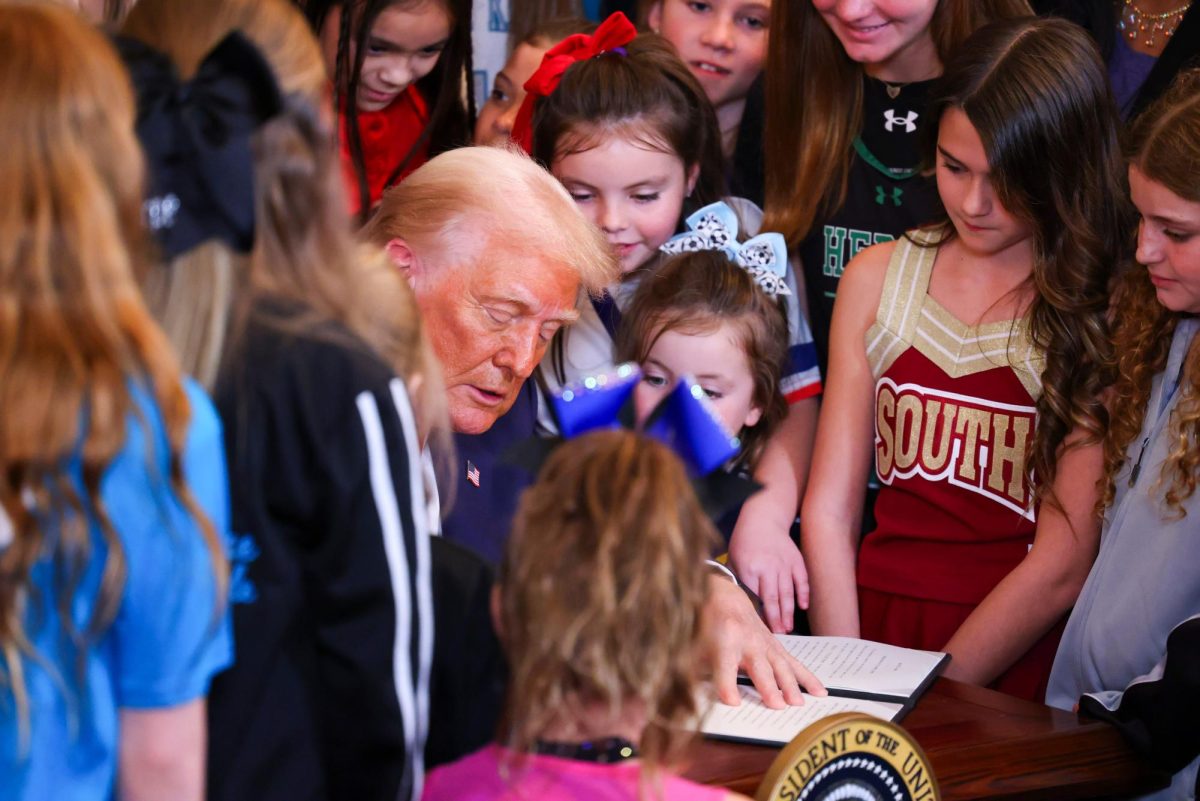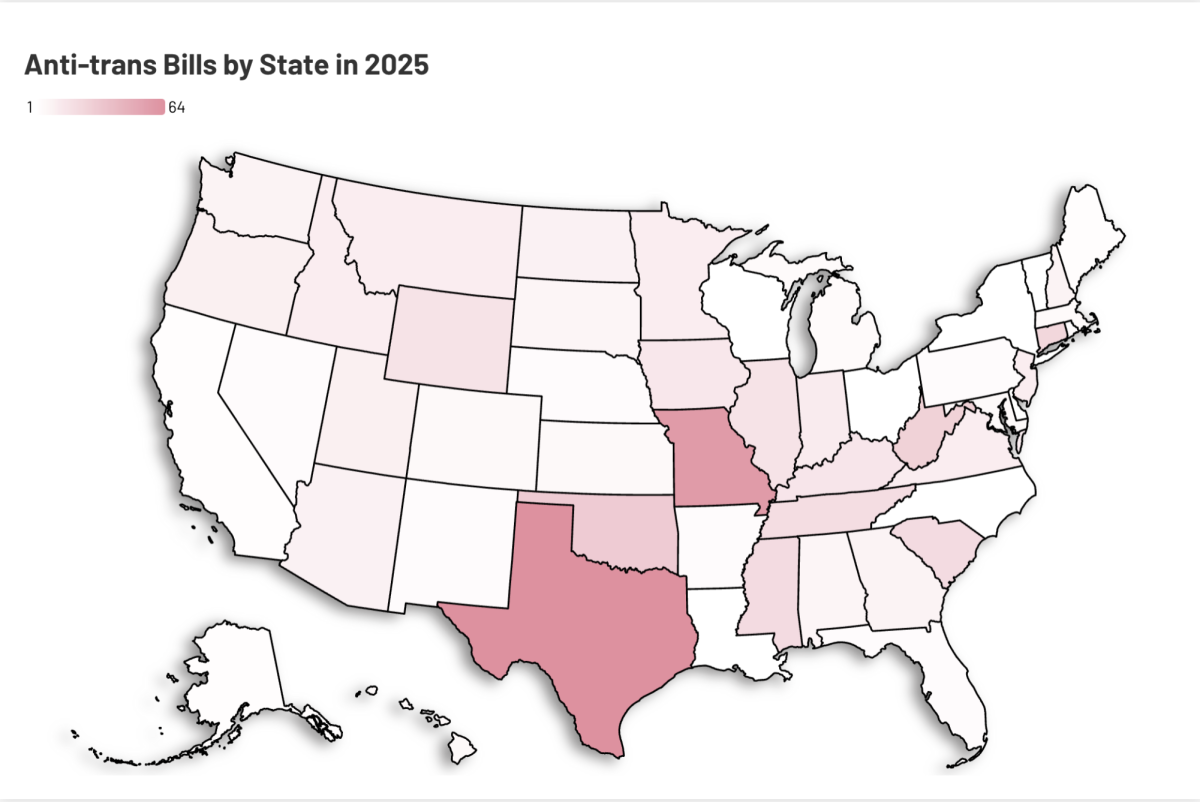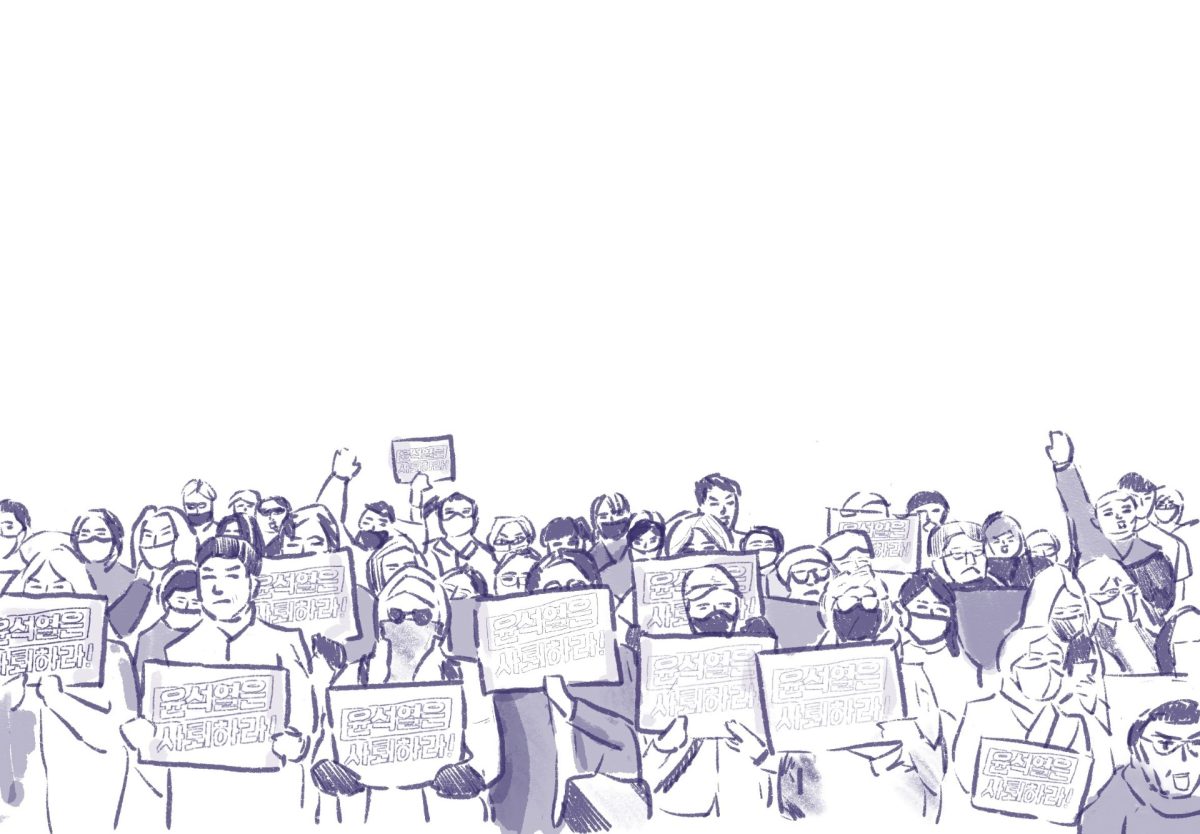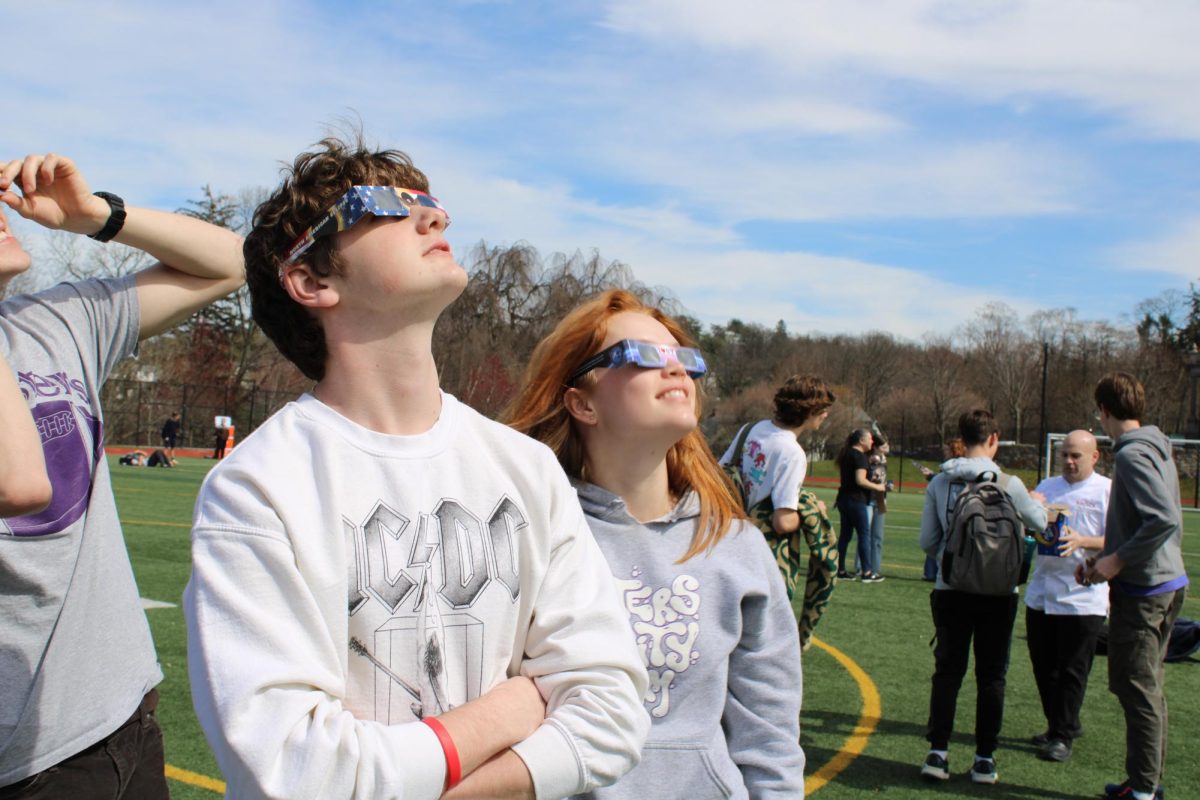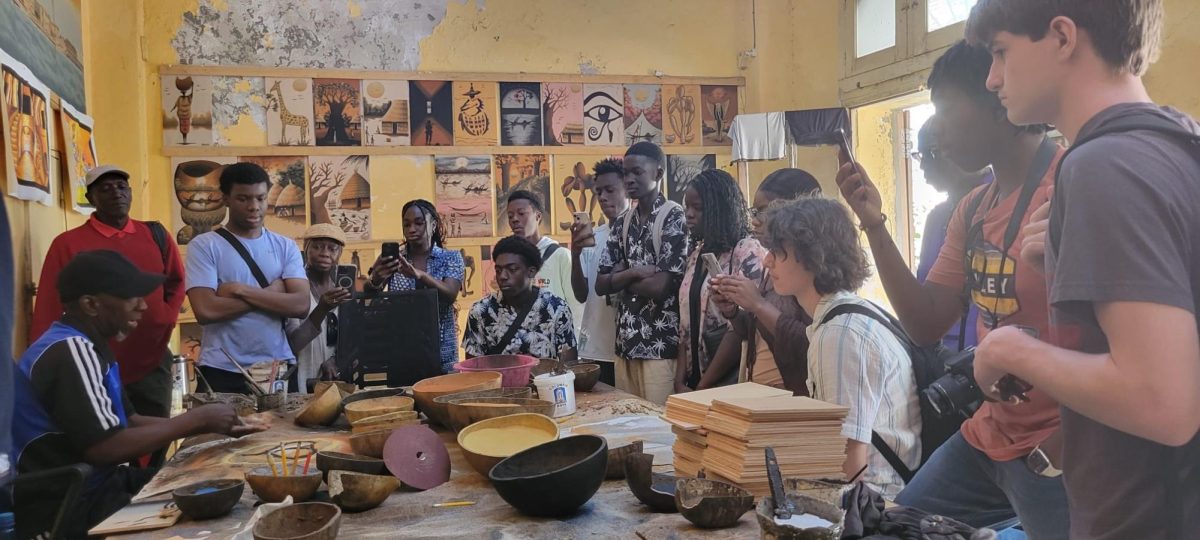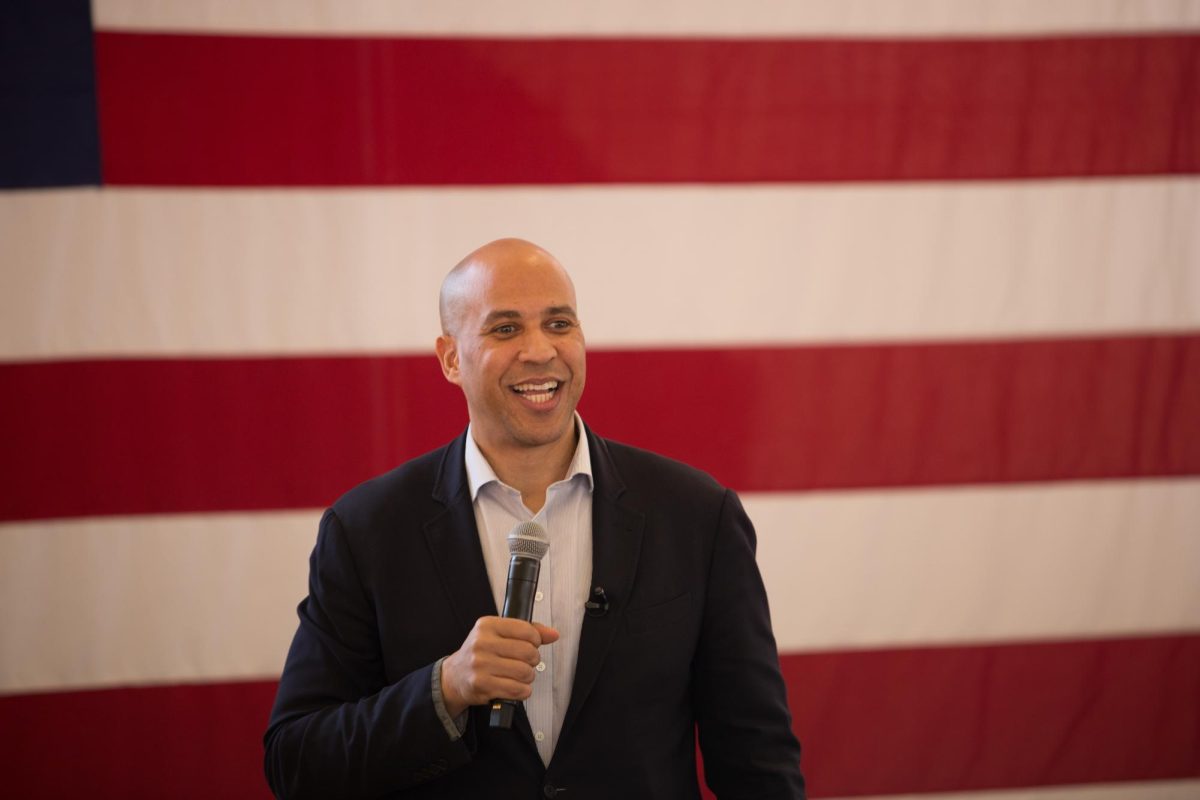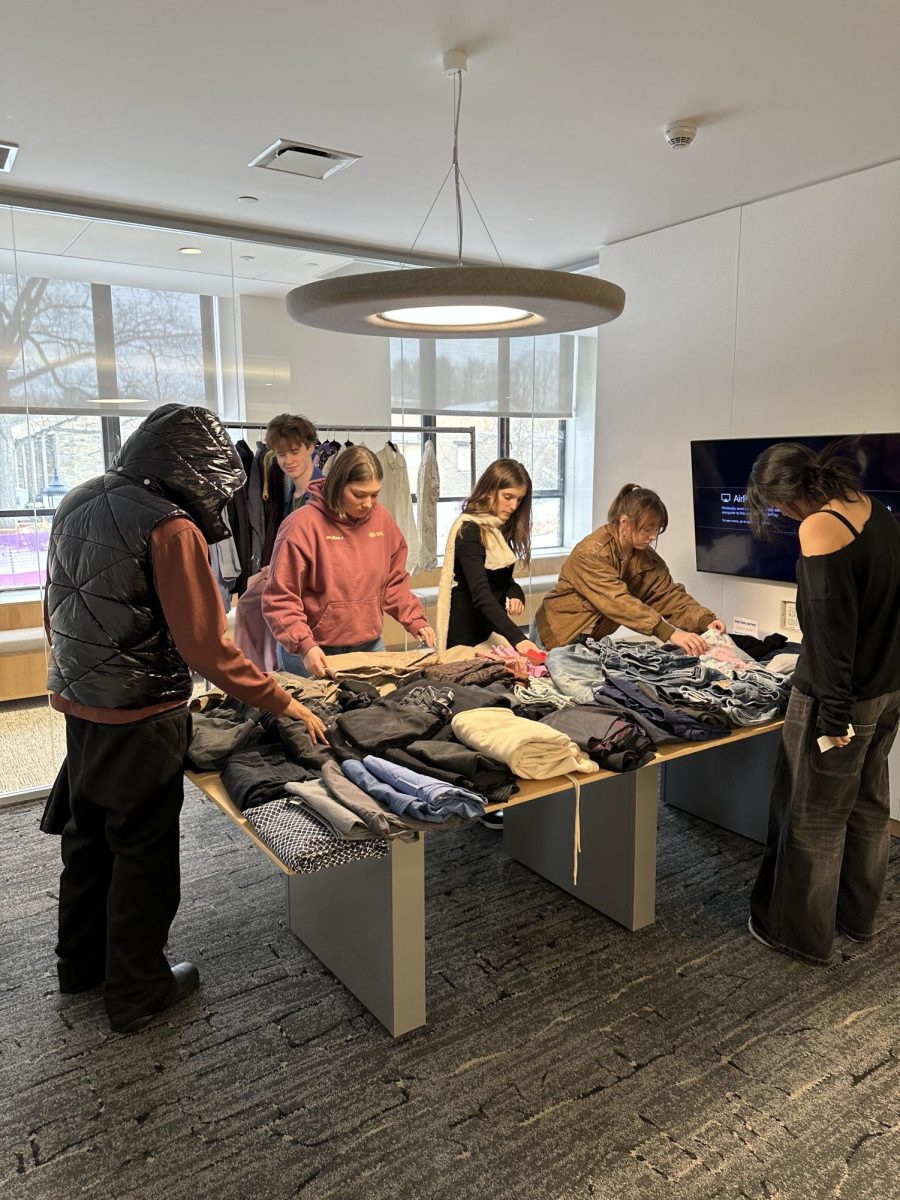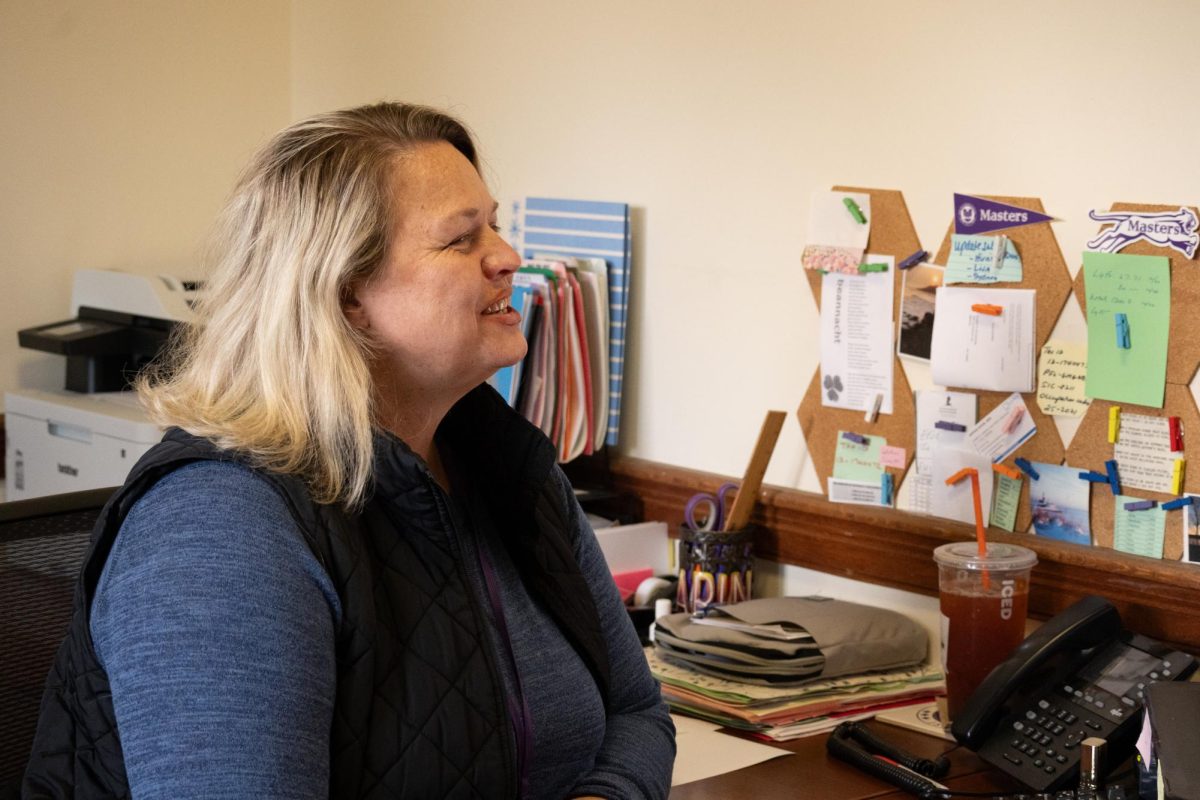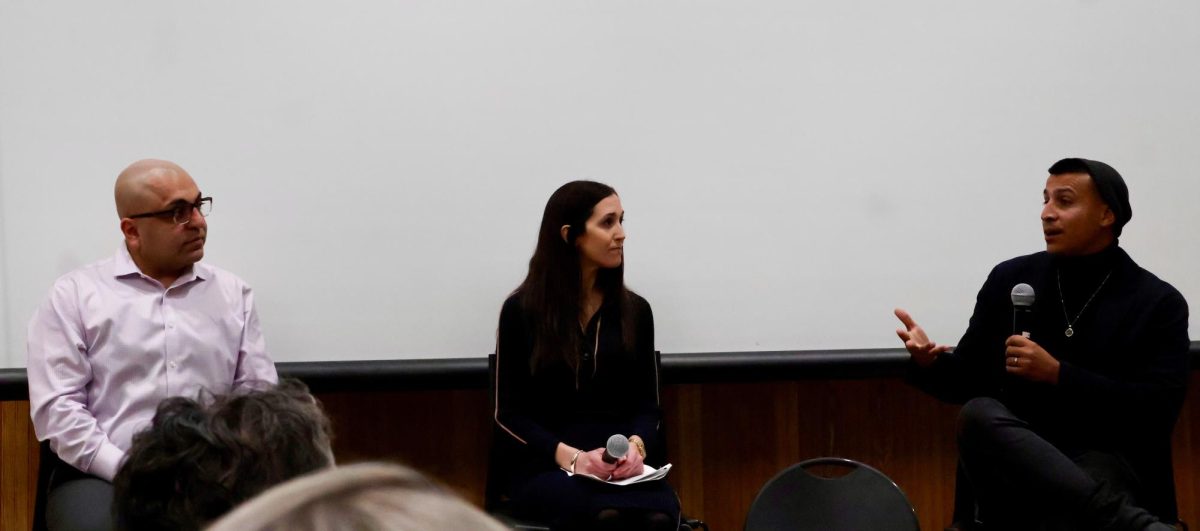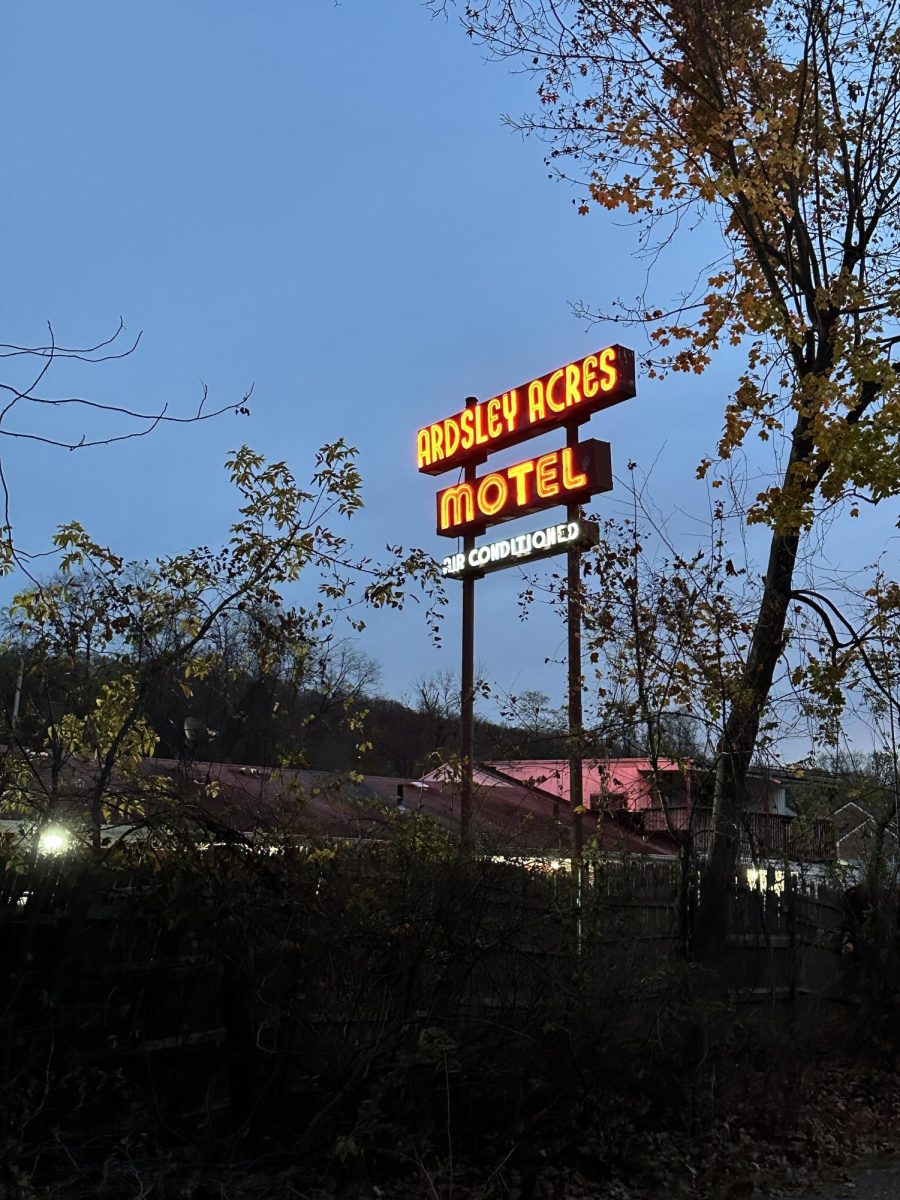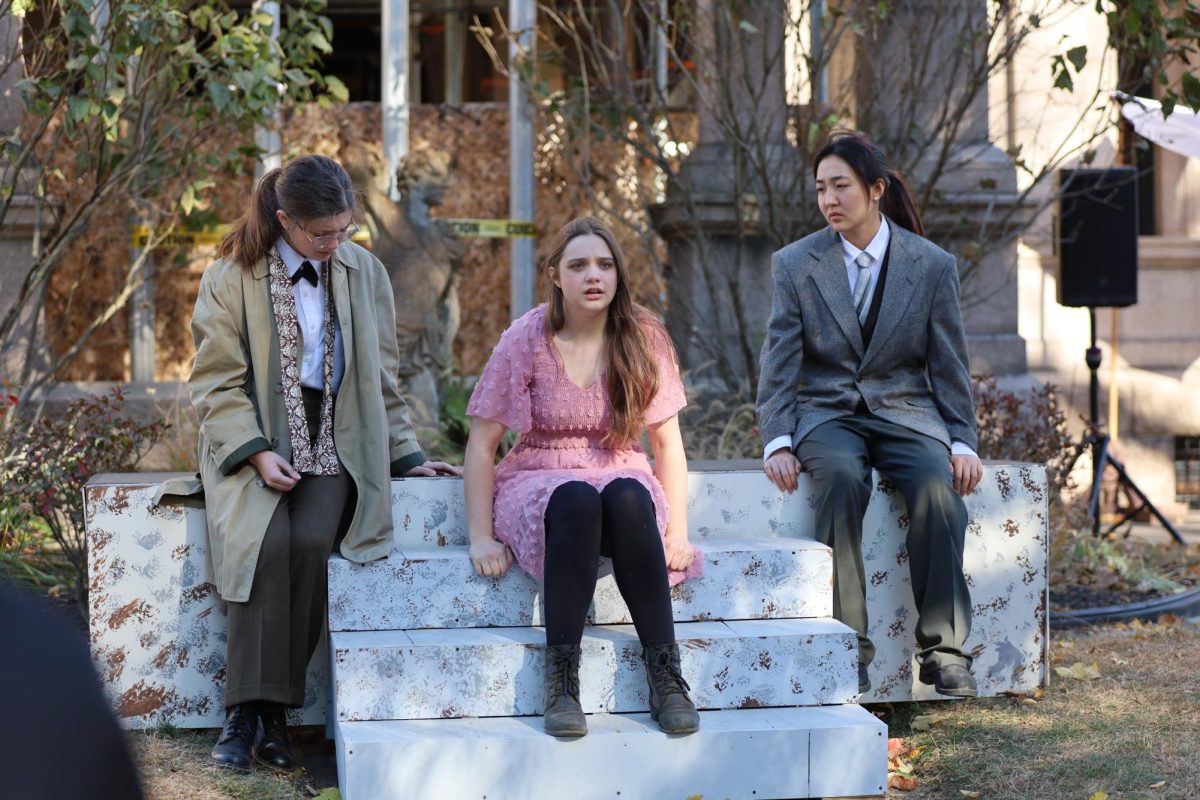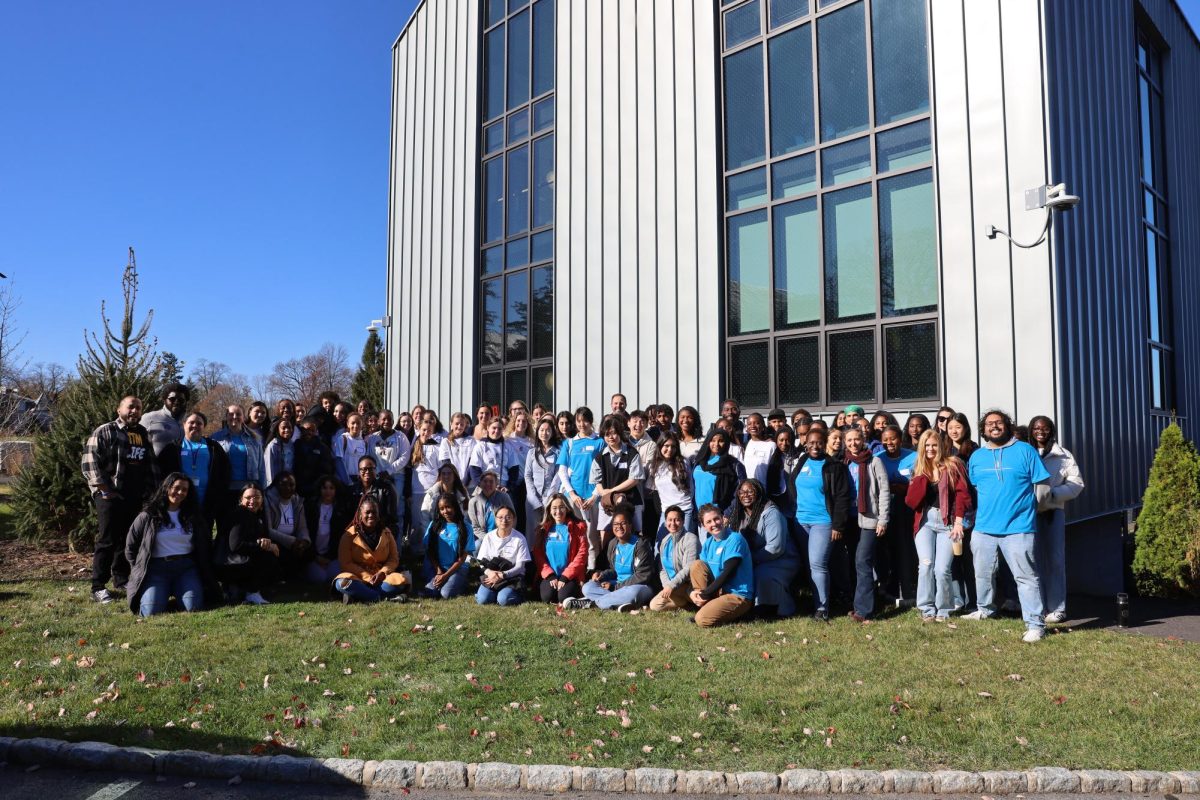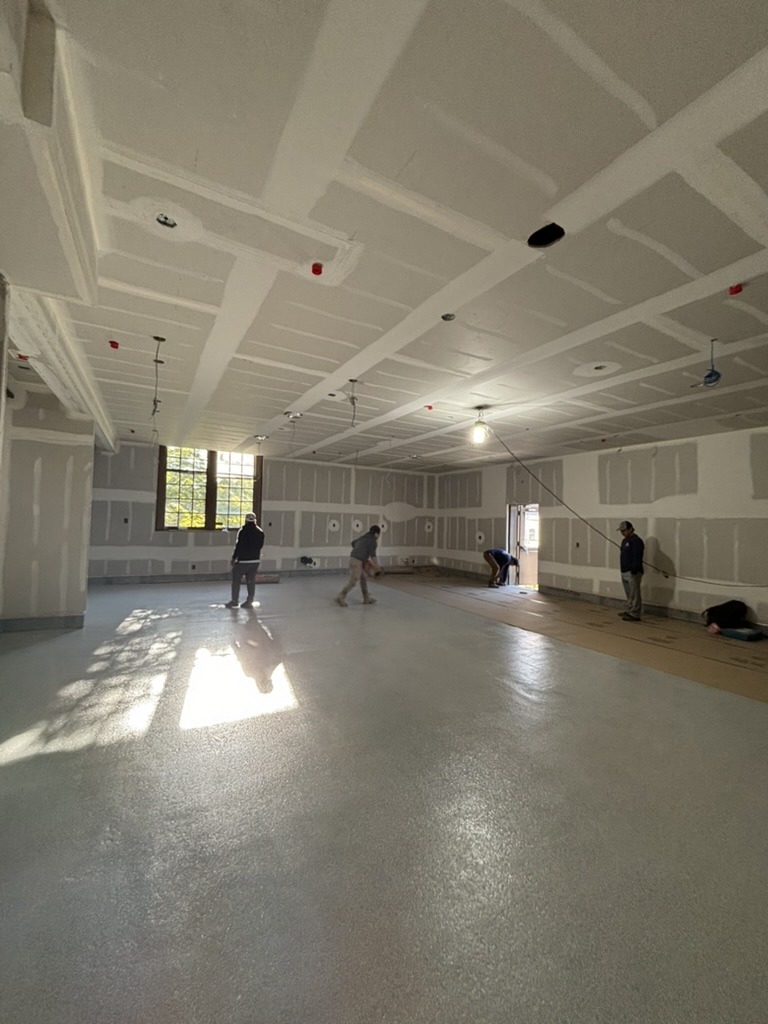A sudden cough disrupting the library or echoing through the quiet hallways is a familiar, usually overlooked, sound to students. But this time, it also signals the return of an old problem: pertussis, commonly known as whooping cough. Despite the efforts of modern medicine, this rare but serious bacterial infection has breached the school’s borders, putting school policy and public health measures to the test.
On Nov. 26, 2024, just four days after the beginning of Thanksgiving break, the School’s Health Center reported a case of the highly contagious bacterial disease. The notification came via an email from Head Nurse Tara Eng. In the email, Nurse Eng outlined the symptoms and urged those experiencing them to consult healthcare providers.
Weekly pertussis cases showed a constant trend of increasing throughout 2024, up until a dip in the week of November 24-30, the week a case was confirmed at the Masters School. Following this brief decline, the number of weekly cases resumed its upward trajectory. Source: CDC, Notifiable Diseases Data.
Dr. Nintin Gupta, the School’s physician and the founder and president of Rivertowns Pediatrics, explains, “Whooping cough is a bacterial infection that infects the lungs. It is very contagious and it is spread simply by breathing.” The disease is infamous not just for its contagiousness but for its severity. “It may take a few weeks for symptoms to develop, and then when they do, it’s a cough that can become very, very violent. You’re coughing so fast and so often and repeatedly that you’re running out of breath. You then make a whooping sound as you are trying to suck in air. That’s why it’s called whooping cough,” he adds.
While the disease is treatable, there is no direct cure. “There is not really a treatment, actually. When we give an antibiotic, the antibiotic is to actually stop you from being contagious,” Gupta said. “It’s a five-day course of azithromycin, a Z-Pak. Despite taking the antibiotic, you may still cough for weeks after treatment.”
Despite the potential severity of whooping cough, Gupta is confident that any outbreaks or issues can be managed on campus. “I’m not worried about whooping cough on campus. We are not going to have any serious cases amongst the students because Nurse Tara [Eng] and the whole health center go through every student’s vaccine records to make sure that everyone is up to date with their shots.”
Given the high transmissibility of whooping cough, vaccination stands as one of the only effective forms of prevention. Children typically first receive the DTaP vaccine – which protects against diphtheria, tetanus, and pertussis – starting at two months old as a series of five shots.
Lucas Buyon ‘11, a PhD in Immunology and Infectious Diseases at the National Institute of Allergy and Infectious Disease, explains, “[The DTaP vaccine] is highly effective. If you get protected, the efficacy is greater than 90% … but that immunity can wane over time, so it’s generally recommended that adolescents get a booster, ideally 10 years after the initial dose.”
The resurgence of whooping cough — even among institutions like the Masters School where vaccination rates are high — reveals a trend of waning immunity over time, a pattern reflected across the nation. On July 22, 2024, the Centers for Disease Control and Prevention (CDC) reported pertussis cases had rebounded to pre-pandemic levels.
Disruptions caused by the COVID-19 pandemic served as a foundation for the revival of diseases prevented by vaccines by eroding herd immunity via a decrease in routine medical care and increased vaccine skepticism. “Because of COVID, a lot of people were having virtual doctor visits and they couldn’t get those booster shots to keep up an immunity,” Buyon said.
Source: CDC, Pertussis Surveillance Data.
This comeback is also fueled by a rise in vaccine skepticism, often fueled by public figures such as Robert F. Kennedy Jr., the nominee for Secretary of Health and Human Services, who has controversially claimed that “There’s no vaccine that is safe and effective.” Now, public health officials must work to not only fight the disease itself but also the misinformation that hinders preventive efforts and public trust.
“Vaccine skepticism is a major challenge to public health,” Buyon added. “Scientists need to continue to hammer home that vaccines are safe, efficacious and save lives, but also need to meet people where they’re at to build trust and explain the science.”
“In adolescents particularly, while it might not manifest clinically as a very severe disease, it can be extremely deadly for young children, particularly those who can’t get vaccinated until they’re two months old,” he continued.
Gupta also reflected this sentiment, “It’s the very young and the very old we have to worry about. I’m not worried about the students here.”




